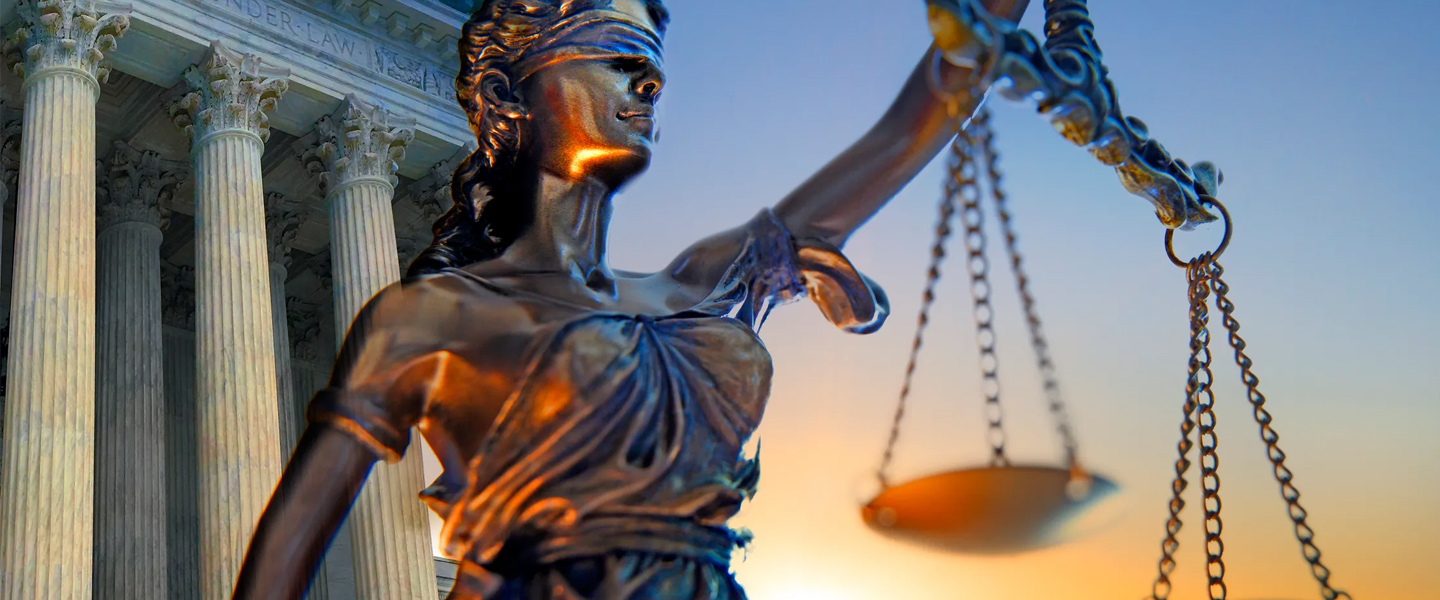Illinois Laws and Penalties
You can view a full version of the Illinois Underground Utility Facilities Damage Prevention Act here.
If you have questions or would like to schedule a safety presentation, please contact a JULIE Damage Prevention Manager during normal business hours.
Enforcement Process
The Illinois Commerce Commission (ICC) is responsible for violations of the Illinois Underground Utility Facilities Damage Prevention Act. It receives violation reports, determines if a violation occurred and assesses fines with maximum penalties ranging from $1,000 to $5,000 per violation. Penalties collected by the Commission are given to JULIE to support safety and informational programs that reduce incidents of damage to underground utility lines.
STEP 1. INITIAL REVIEW BY STAFF
The enforcement process begins with a violation report. Any person may report a suspected violation of the Act by submitting a report form to the Commission staff. Reports can be submitted online, by mail, email or telephone. Once a violation report is submitted, Commission staff will investigate the matter and determine whether a violation occurred.
If staff determines that a violation has occurred, the staff will also consider the appropriate penalty, if any, to assess based on the following:
- Gravity of non-compliance with the law
- The alleged violator’s culpability
- The alleged violator’s history of non-compliance
- The alleged violator’s ability to pay the penalty
- The alleged violator’s good-faith in attempted to comply with the law
- The alleged violator’s ability to continue in business
- Any other circumstances relevant to the matter.
Penalties cannot exceed the maximums provided by Section 11 of the Act, which are $1,000, $2,500, or $5,000, depending on the type of violation.
Staff will also issue to the alleged violator a notice of violation or a warning letter. Copies of the documents will be provided to the person who reported the suspected violation and to the owner of the underground lines involved. If Staff determines a violation did not occur, staff will also inform the alleged violator, the reporting person, and the owner of the underground lines involved.
The alleged violator will have 30 days from the mailing date of the Notice of Violation to either pay the penalty or request that the Advisory Committee consider the matter.
STEP 2. ADVISORY COMMITTEE REVIEW
The Advisory Committee typically meets monthly to review contested penalties. It is a peer-review panel consisting of one representative from each of the following entities: utility line operator, municipality, excavator, JULIE and the general public. You can view the Advisory Committee schedule here.
In evaluating the merits of a case, the Advisory Committee will consider the violation report, the results of staff’s investigation, correspondence from the witnesses and parties, and any other pertinent information. Alleged violators have the right to speak to the Advisory Committee provided they notify Commission staff five business days before the meeting. If five-day notice is not given, the opportunity for the alleged violator to speak at the Advisory Committee meeting will be at the Committee’s discretion.
The Advisory Committee will render a decision within 90 days.
STEP 3. FORMAL ADJUDICATORY PROCEEDINGS
The final step is a formal proceeding before an Administrative Law Judge, and ultimately, a vote by the Commission. These proceedings will typically require submission of legal documents and testimony by witnesses and parties involved in the case. Proceedings will be conducted in conformity with Article X of the Public Utilities Act, 83 III. Adm. Code 200, and the provisions of Subpart E of Part 265. Any answer or responsive pleading to the order initiating the formal proceeding must be filed with the Commission within seven days after the respondent receives notice of the order.
Reasonable discovery specific to the issues of the matter may commence upon the initiation of the formal proceeding. Responses to discovery requests are due 14 days after receipt, unless otherwise specified by the Administrative Law Judge.
The Administrative Law Judge will schedule a pre-hearing conference within 14 days after the date on which the case is initiated. Hearings will begin within 60 days from the date the formal proceeding is initiated. Staff, the respondent, and any intervening parties will be entitled to present evidence and argument in oral or written form as deemed appropriate by the Administrative Law Judge. The Commission will issue a written decision resolving the case within 180 days.
TO REPORT A VIOLATION
For additional information and an explanation of the ICC’s One-call Enforcement process, an on-line form to report suspected violations(e.g. failing to call JULIE, not marking underground facilities properly, etc.) and Enforcement Program statistics, click here.
QUESTIONS
If you have any questions or would like to discuss an incident, please contact an ICC’s Investigator for One-Call Enforcement:
- Carl Parks – Investigator – 217.524.4060 – Carl.Parks@illinois.gov
- Bill Daniel – Investigator – 217-785-8423 – Bill.Daniel@illinois.gov
- Mike Regnier – Investigator – 217-557-1286 – Michael.Regnier@illinois.gov
- Mike Schoenherr – One-Call Enforcement Supervisor – 217-782-5911 – Michael.Schoenherr@illinois.gov




 CONTACT US
CONTACT US